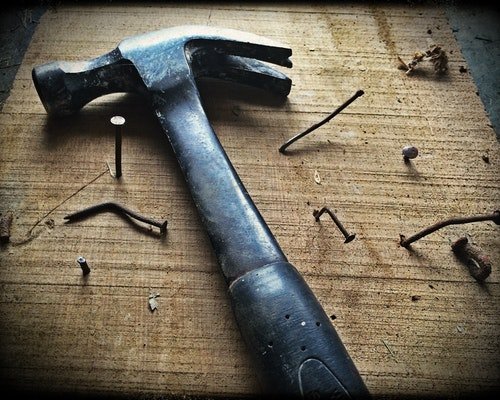In the U.S. about 5 million homes undergo inspections each year. As with any large, and growing, industry, there are plenty of falsehoods being circulated and unfortunately, many people don’t know what’s true and what’s just a myth.
While a majority of homes sold receive an inspection, the misconceptions persist. Stick with us to learn what rumors aren’t worth the stress.
Myth #1: New homes don’t need inspections.
You can see a list of reasons why new homes need inspections too, here. The main point is though that faulty construction can lead to a number of issues in the future and it’s not uncommon to find a couple of dozen problems during the inspection of a brand new home.
Myth #2: Every nook and cranny will be inspected and scrutinized.
A home inspection is a visual inspection; nothing will be dismantled to check efficiency, but rather a few covers or access panels will be temporarily removed to inspect. However, the focus will be on the most essential and high risk areas.
Myth #3: Having an appraisal, code inspection, and termite or other hazard inspection cancels the need for home inspection.
While the others are important, they should not be used as a substitute for a full home inspection. Rather each of these inspections should be used as compliments to each other.
Myth #4: Inspections only benefit the buyer.
Most inspections are done on behalf of the buyer, but they don’t only benefit the buyers. Prelisting inspections can be hugely beneficial for sellers, and you can schedule one with us here! Additionally, it is recommended that a home undergoes an inspection every ten years regardless of a sale taking place.
Myth #5: Inspectors are too fussy.
Professional home inspectors do not point out every small defect or issue. Professionals, like the ones at EIG, are providing an objective examination of the accessible and visible components of a home on the day of the inspection.
Myth #6: Inspections are done to flip the negotiation process.
False! Inspectors are giving an educational service, allowing buyers to have a better understanding of the physical state of the home so that they may make smart decisions.
Inspections can actually help eliminate buyer anxiety. When areas of concern are presented, the inspector will not assist in any decision making.
Myth #7: There’s no difference between home inspectors.
Possibly the most important falsehood to dispel is the value of an inspector does not matter. Experience, knowledge, and thoroughness are all incredibly important aspects you’ll want to consider when choosing your inspector.
Our experience at EIG speaks for itself; we are aiming to bridge the gap between homeowner and inspector by improving all aspects of an inspection.
The Take-Away
Understanding these myths and knowing what to look for when planning your home inspection will allow you to get more out of the inspection process.
Let the pros take care of you today and schedule your own home inspection with EIG!
We have made the scheduling process easier and stress-free. Get in touch with us here!




